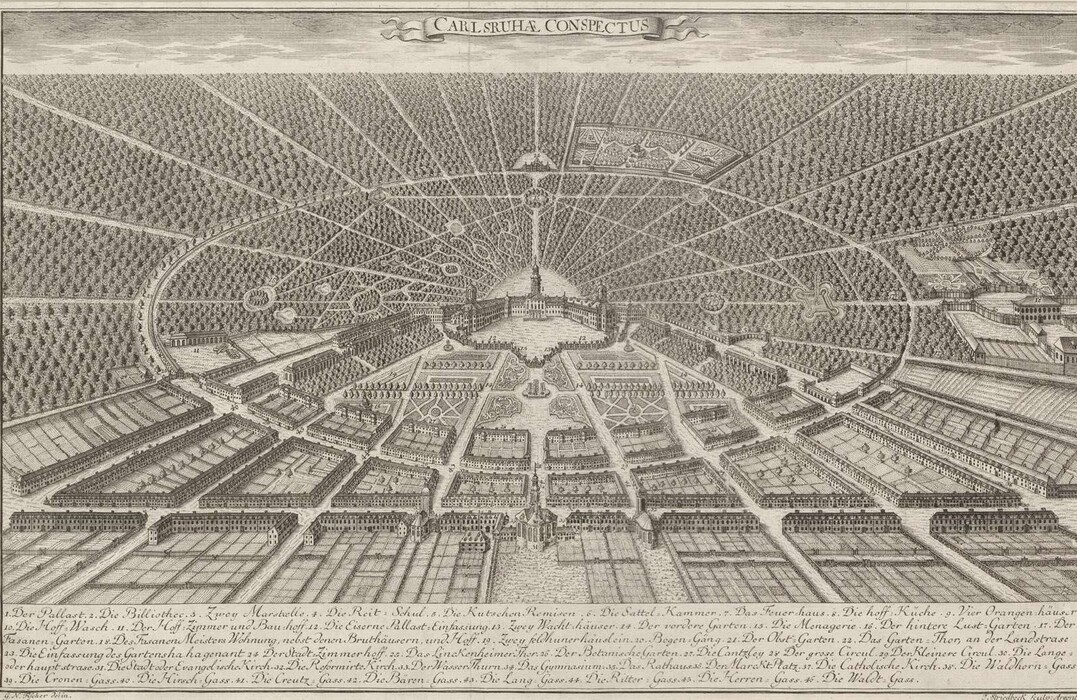Welcome to the Department of History
About Us
As a branch of the Institute of Technology Futures, we contribute research results of technology and environmental history to the social debates on future issues. We define Technology Futures as the ways in which societies communicate about the future uses of technology - whether linguistically, with images, or by emotive persuasion. The historical perspective can thus uncover long-term continuities or ruptures in communication about future technological developments.
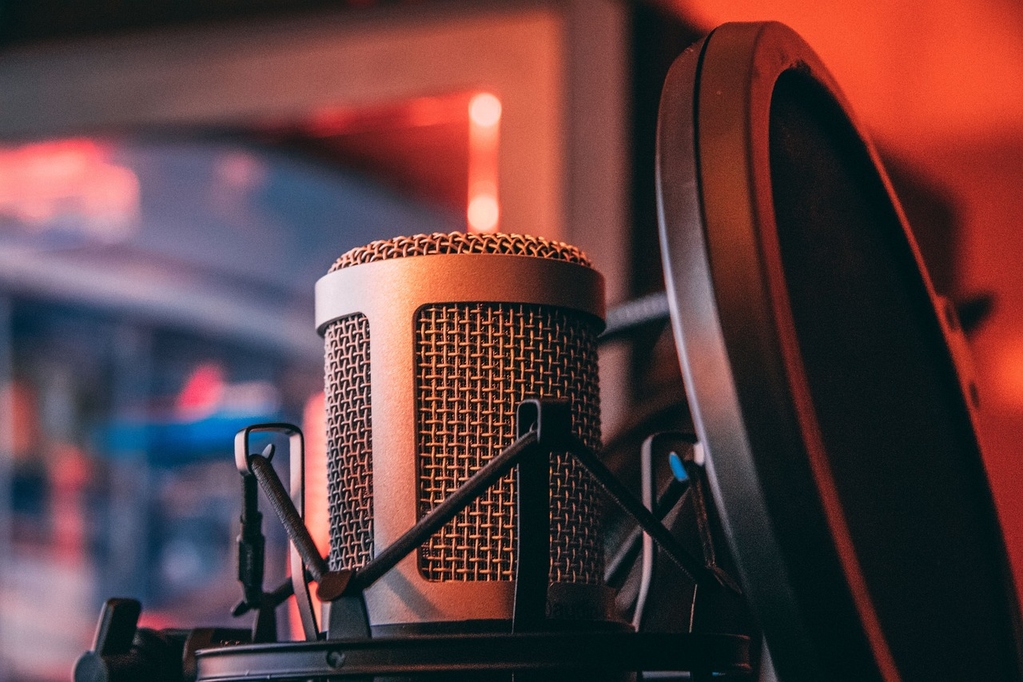
Born in 1917, communications engineer Karl Steinbuch is considered one of the few German visionaries in computer science. In 1958, he became a professor at the Technical University of Karlsruhe, now the Karlsruhe Institute of Technology. However, when the reform movement at universities spread to Karlsruhe in 1968, Steinbuch showed increasingly clear sympathies for right-wing extremist ideologies. His biographical involvement in National Socialism became public: he had joined the SS at the age of 16. As a member of the Wehrmacht, he was involved in war crimes. KIT historian Anton Guhl has now dedicated the first detailed study to Karl Steinbuch.
Link zum Podcast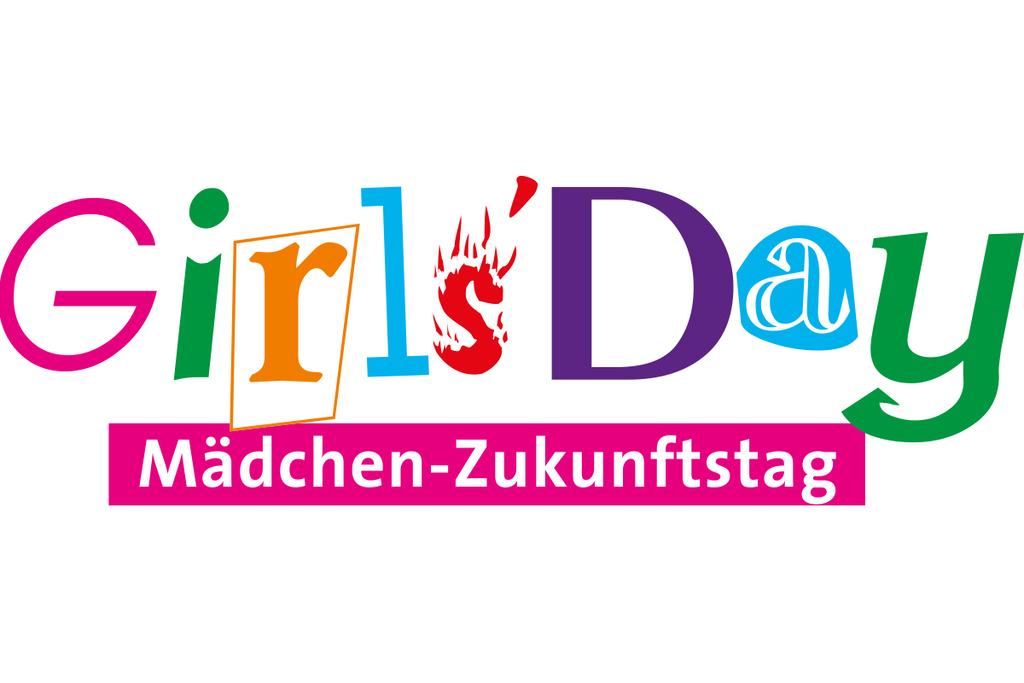
Girls' Day at KIT offers schoolgirls insights into occupational fields that are unfortunately still too rarely chosen by girls and women: That is, the scientific professions. Renate Dürr will explore with you how something good and powerful can come out of aspiration (=ideal) and the science "doers" (=real), especially in the scientific fields of physics and computer science. The workshop will take place on April 25, 2024, for further information see the following link.
Read more by clicking here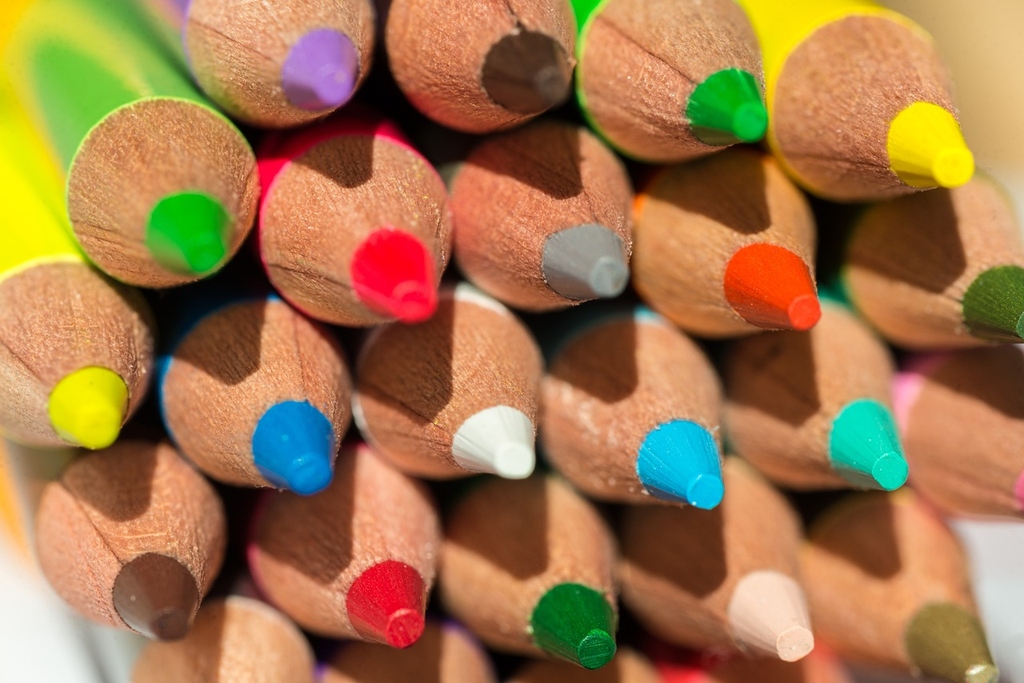
In the coming summer semester, there will again be numerous new seminars and lectures in the EUKLID program. These can be accessed at Campus Management, on the page Courses of the Department of History as well as via ILIAS .
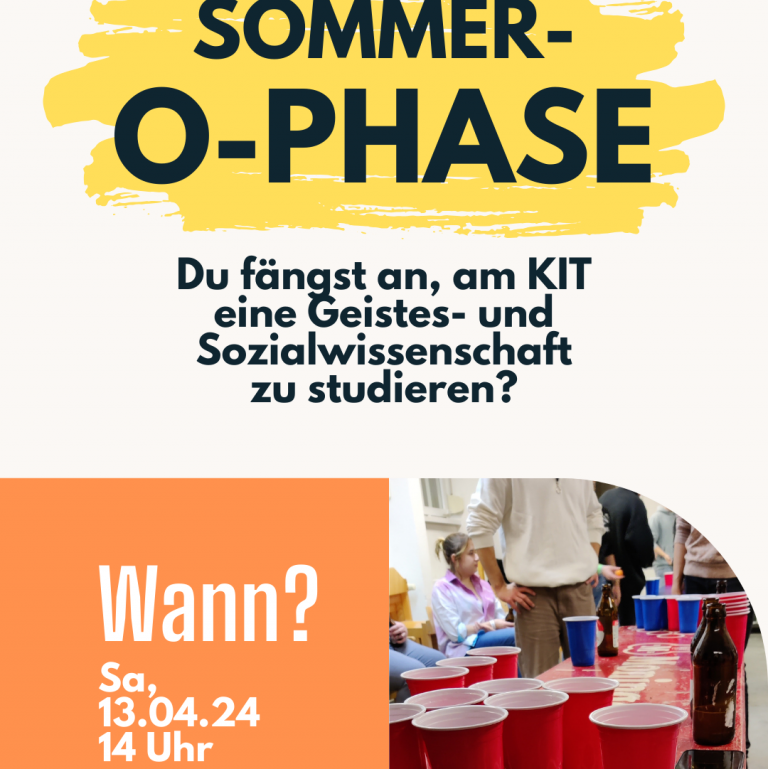
During the orientation phase one week before the start of the semester, the GeistSoz student council will provide you with all the important information about commencing your studies.
Read more by clicking hereTobias Markowitsch, seconded teacher at the Department of History, was successful with his students from the Bismarck-Gymnasium Karlsruhe in the Federal President's History Competition 2023 (video of the award ceremony).
More
... is the title of the current feature by Stefan Fuchs (ZAK) and Rolf-Ulrich Kunze on the occasion of the Science Year 2024 and the 75th anniversary of the German Constitution in the Campus Report of March 26. In the podcast "Gloomy prospects for the 20s of the 21st century " the KIT contemporary historian gives an assessment of the prospects for 2024.
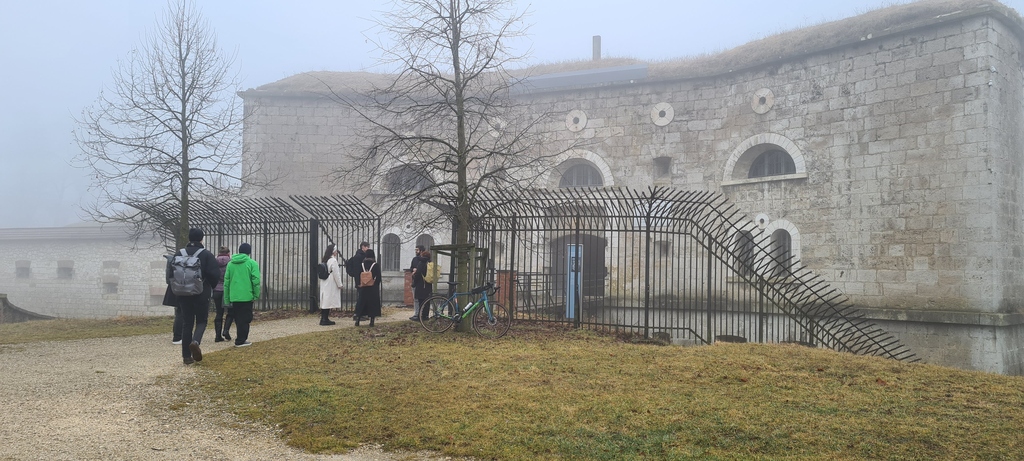
On February 10, Andrea Acle-Kreysing and Désirée Schauz and their seminar participants visited the Oberer Kuhberg concentration camp memorial in Ulm, one of the early concentration camps. Between 1933 and 1935, National Socialists detained opposition activists, primarily from the ranks of the Social Democrats and the KPD, in the cold and damp rooms of the former Ulm fortress. In her welcoming address director Nicola Wenge gave an overview of the history of the Ulm memorial and its diverse tasks. Angel Ruiz Kontara gave a guided tour of the historical site and the permanent exhibition. Using the example of a prisoner biography, the participants were given an insight into the memorial's source and research work. A tour of the special exhibition "'Man wird ja wohl noch sagen dürfen...': Zum Umgang mit menschenverachtender und demokratiefeindlicher Sprache" also provided an opportunity to discuss the relevance of the memorial's political education work to current events. The excursion was funded by the GeistSoz student council.
Link_moreThe round table with representatives from the fields of architecture, architectural history and urban and regional planning will develop perspectives for the refurbishment and extension of historic school buildings in line with conservation requirements. The focus is on two Dortmund school buildings from the decades around 1900, the preservation of which is desirable from both a conservation and ecological perspective. Wolfgang Sonne, TU Dortmund: The cultural-historical dimension using the example of the Kreuzschule monument in Dortmund (1913); Eva Reber, BDA: The conceptual dimension using the example of the study on the extension of Dortmund's Mörike elementary school (1891); Marcus Patrias, BDA: The structural dimension - "Durability in change" - school construction in an almost closed system; Thomas Eltner, TU Dortmund: The social dimension in the interplay of participating institutions, social challenges and political objectives; Moderation: Stefan Poser, Department of History(stefan.poser@kit.edu).
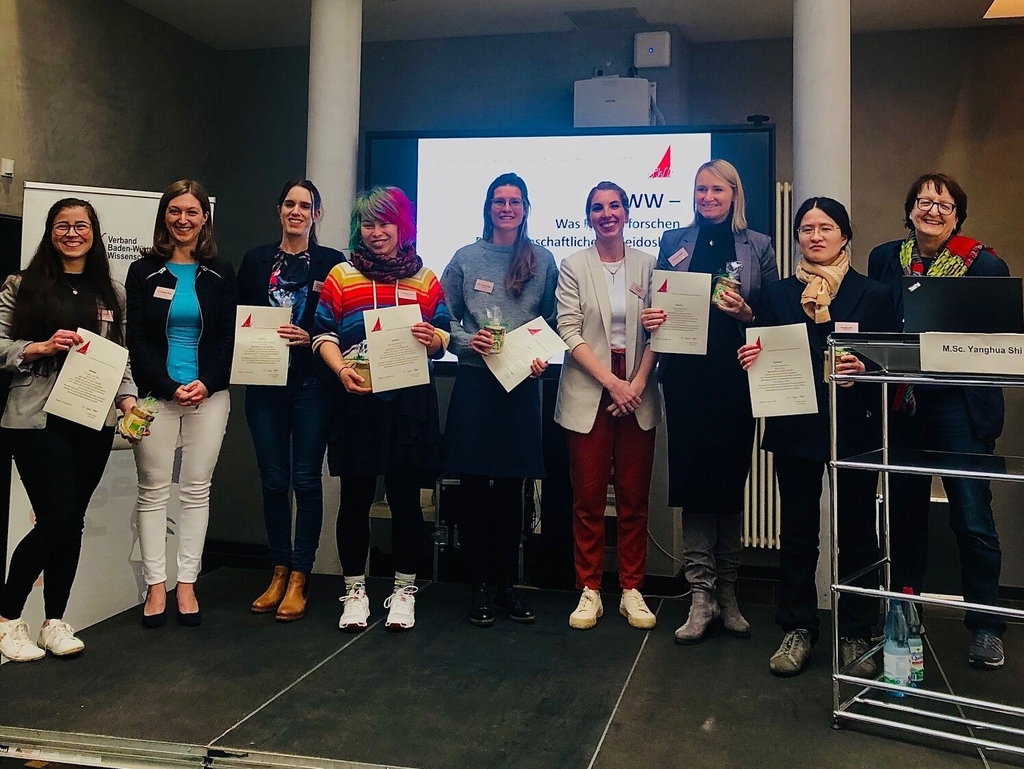
In November, the Association of Baden-Württemberg Women Scientists awarded this year's Maria Gräfin von Linden Prize in the categories of life sciences and humanities/social sciences at the Heidelberg Center for American Studies. Nicole Hesse (3rd from right in photo) was honored as one of four finalists in the humanities/social sciences for her research on wind energy use and its significance for current debates. Every two years, the event is dedicated to raising the profile of female research and excellence in Baden-Württemberg.
Read more by clicking here
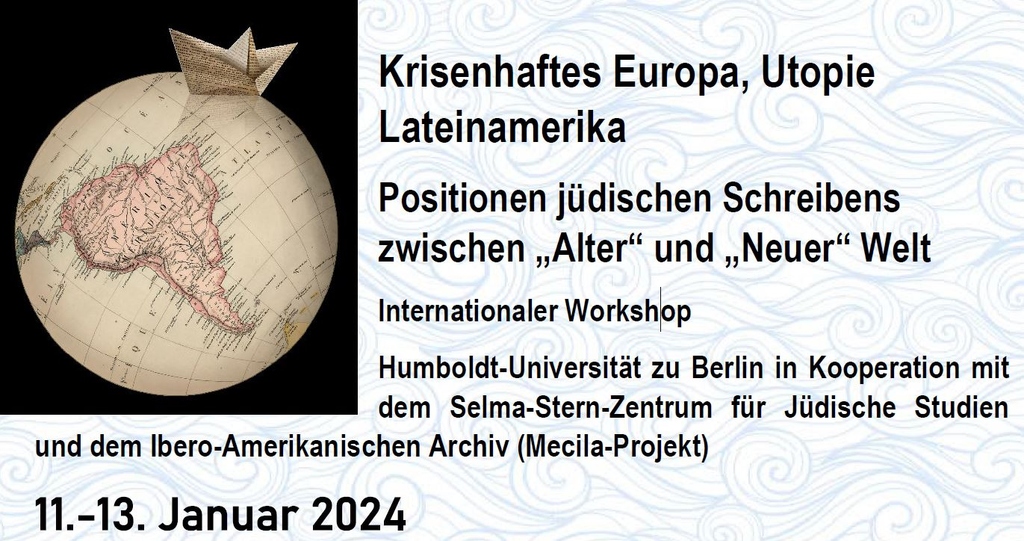
From January 11 to 13, an international workshop took place in Berlin, "Krise Europa, Utopie Lateinamerika. Positions of Jewish Writing between the "Old" and "New" World". The workshop was co-organized by Andrea Acle-Kreysing, who gave a lecture on the first German anti-fascist organization in Mexico and its fight against racism and anti-Semitism.
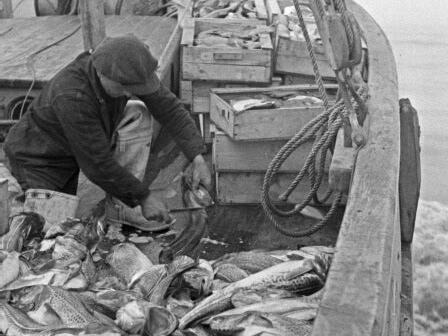
Technical innovations such as the steamship, the use of trawls and cooling with ice led to a new dimension in German deep-sea fishing as early as the 1880s. Ole Sparenberg gives an insight into the origins and problems of industrial fishing on the high seas in the BR podcast series "Alles Geschichte - History von Radiowissen". You can listen to the report via the following link.
Hear more by clicking here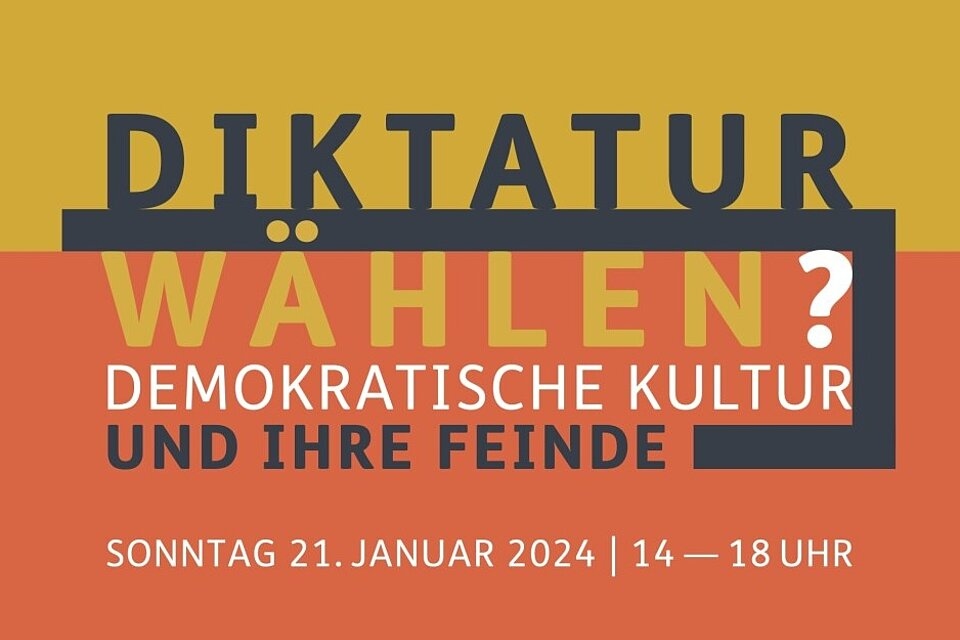
To mark the 82nd anniversary of the Wannsee Conference, the memorial is organizing a panel discussion on the question of what options are available today to counter anti-democratic structures. At the conference on January 21, 2024, Désirée Schauz will join a panel of experts to discuss the topic "From the Weimar Republic to National Socialism: The Failure of the Social Elites".
Read more by clicking here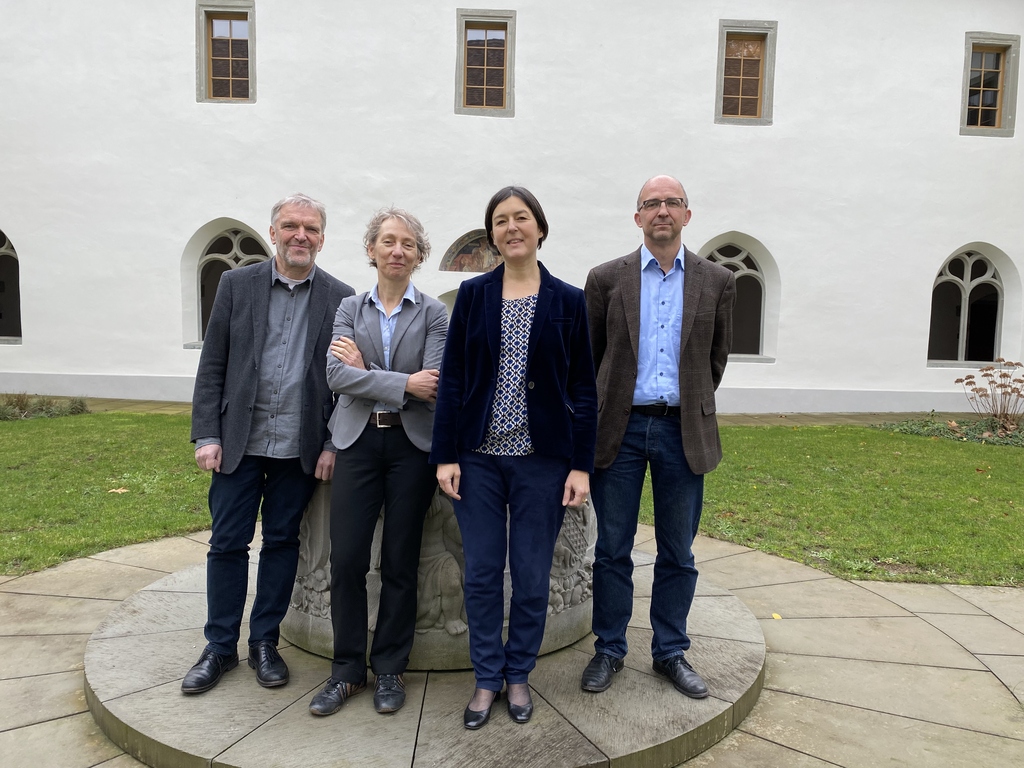
The 43rd History of Technology Conference of the Eisenbibliothek in Schaffhausen/CH was dedicated to the topic "Good, durable, safe. Demands on the quality and safety of technology in history". Marcus Popplow, member of the scientific advisory board (photo) and conference board, and Nicole Hesse represented the KIT Department of History. The latter spoke on issues of safety and efficiency in the use of wind energy. The conference papers are published by the journal Ferrum.
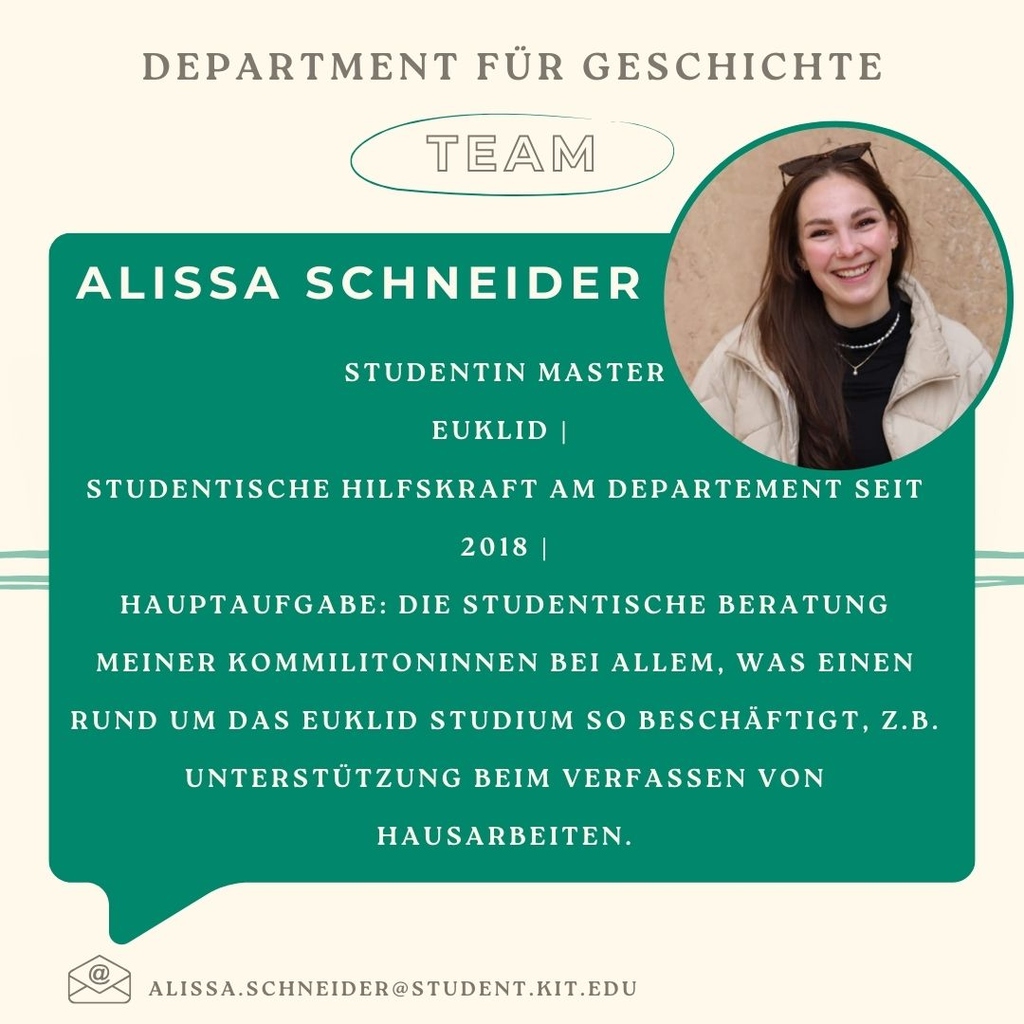
You can find us on Instagram @kitgeschichte. Among other things, we post news from the Department of History, introduce the members of our team in teaching and the administration and point out important events and dates.
More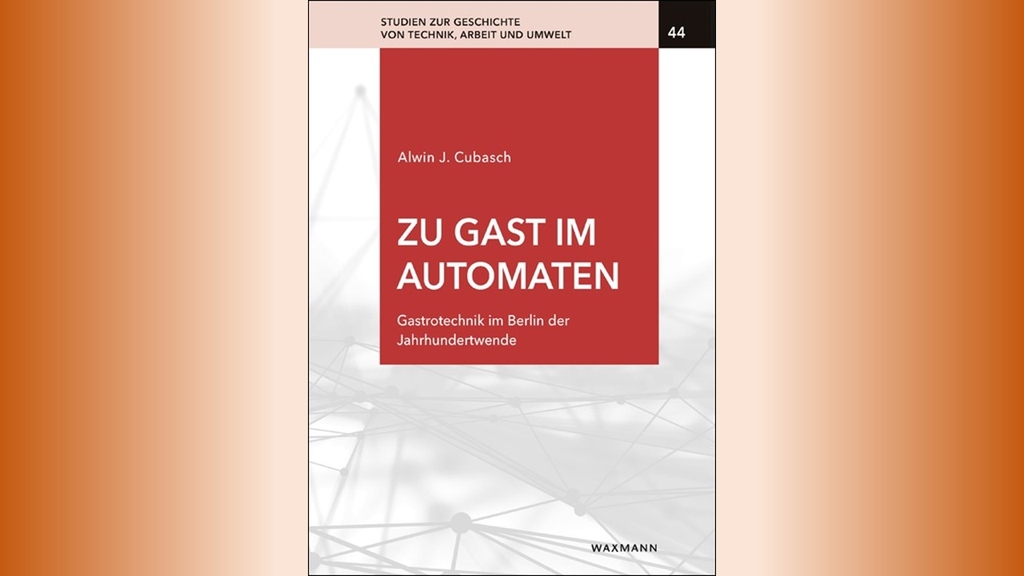
Alwin J. Cubasch's volume illuminates the rise and fall of vending machine restaurants in turn-of-the-century Berlin, shedding light on the scope and limits of technological design motivated during high modernism. The book is published in the series Studien zur Geschichte von Technik, Arbeit und Umwelt, edited by Marcus Popplow and Torsten Meyer.
MoreEvents
Geb. 30.91 …
Geb. 30.91 …
Geb. 11.30 …
